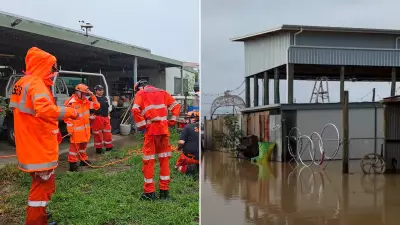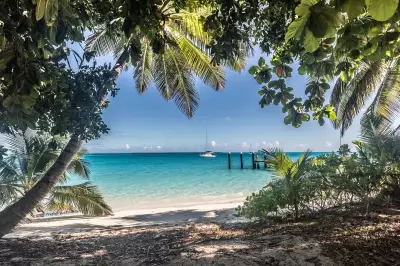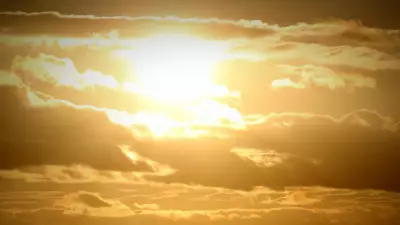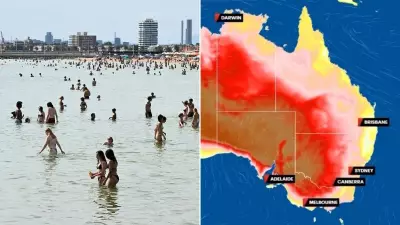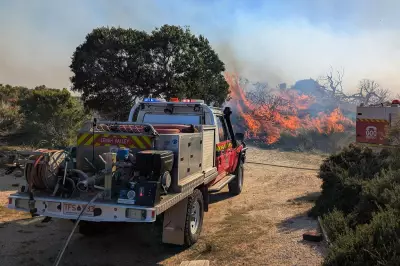
The Albanese government is facing a critical parliamentary challenge this week as it attempts to pass its new environment legislation through a divided Senate where neither the Greens nor the Coalition appear willing to support the proposed changes.
Political Stalemate Echoes Past Climate Wars
Labor finds itself in a familiar political predicament, reminiscent of the Rudd government's failed attempt to pass its carbon-reduction scheme fifteen years ago. The current environment legislation faces opposition from both sides of politics - with the Greens arguing the changes don't go far enough in environmental protection, while the Coalition claims they're too restrictive on business.
This political deadlock risks resulting in no environmental reform at all, mirroring what former treasurer Wayne Swan later revealed was a missed opportunity during the Rudd era. Swan believed Rudd should have called a double dissolution to address what he called "the great moral challenge of our generation".
Senate Mathematics and Political Strategy
Prime Minister Anthony Albanese appears unlikely to pursue a double dissolution strategy if the legislation fails, despite holding a commanding 94-56 majority in the House of Representatives. The government's natural caution and the disproportionate power of a double dissolution make this nuclear option unattractive for a single piece of legislation.
Political analyst Crispin Hull suggests a more Machiavellian approach could break the impasse. Labor could play the Greens and Coalition against each other by initially accepting one party's amendments, then later proposing modifications that would force the other party to choose between their stated principles and practical outcomes.
The Senate's composition actually reflects the Australian electorate more accurately than the House of Representatives, despite former Prime Minister Paul Keating's famous description of it as "unrepresentative swill". Recent election figures show Labor received 34.6% of the vote but secured 62.7% of House seats, while minor parties and independents received 33.6% of the vote but only 8.7% of House representation.
Rising One Nation Support and Immigration Concerns
The political landscape is shifting with One Nation reaching 14% support in recent polling - its highest level in 27 years. This surge appears connected to growing voter concern about immigration levels, an issue both major parties have largely avoided until recently.
WA Liberal MP Andrew Hastie captured this sentiment with his statement that Australians are "starting to feel like strangers in our own home" due to what he called unsustainable immigration. One Nation leader Pauline Hanson has questioned why a government with only 34.6% of the primary vote would pursue high immigration when it cannot affordably house or provide prompt medical care for existing residents.
The economic reality supports these concerns, with GDP per person falling for six consecutive quarters and seven of the eight quarters leading to June 2025, according to International Monetary Fund data. This indicates that while high immigration boosts overall GDP, the average Australian is experiencing declining living standards.
Unless the government addresses immigration concerns before the next election, it could face an even more difficult Senate composition. The solution, Hull suggests, is to acknowledge that current immigration rates are creating economic and environmental stress, while clearly stating that immigration policy should be based on economics, environment and infrastructure - not race.
The coming weeks will test whether the government can navigate these complex political waters to achieve meaningful environmental reform, or whether history will repeat itself with another decade of policy stagnation on critical issues affecting Australians' quality of life.

